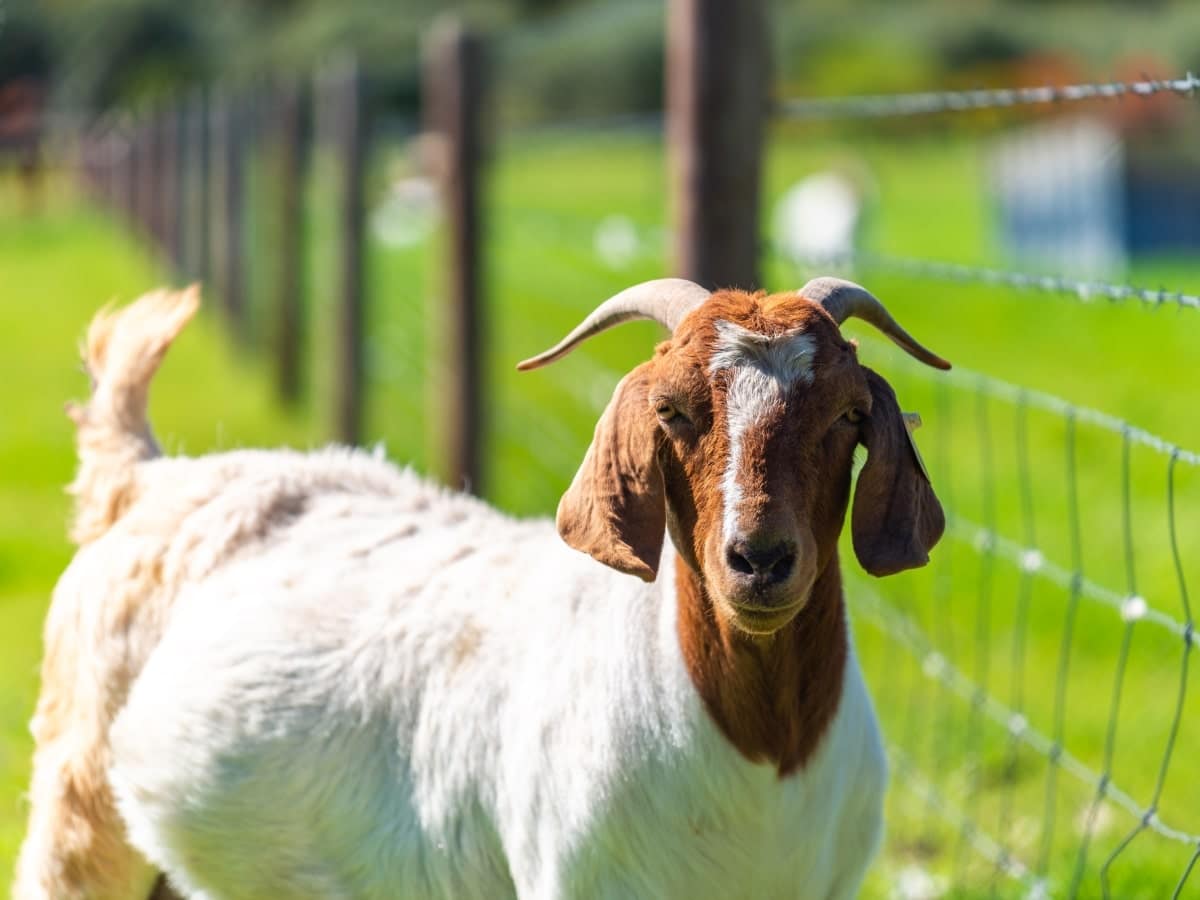Do you have a property that requires rural fencing? Whether you’re an intergenerational farmer or a new country arrival, solid fencing is the foundation of rural life. Fencing also has lots of temporary applications, from construction sites and special events to commercial mining and resource management.
A good rural fence helps to keep livestock in and unwanted visitors away. It also helps with the management of people and equipment, separating working zones and keeping everything in the right place. If you’re considering selling your farm, installing quality fencing can also be a great way to add value.
In this article, we’ll look at the ins and outs of rural fencing, including permanent and temporary fencing options. We’ll focus on common applications for temporary fencing and review the benefits of temporary fencing in rural Australian settings.
Understanding the importance of rural fencing
Rural fencing describes any fencing that’s installed on rural properties. This fencing is constructed from various materials, with wood, wire, and steel of various grades combined in different configurations. Fencing plays a crucial role across the country, and you see it everywhere. From the remote Northern Territory to the rolling hills of Tasmania, fencing is part of the Australian landscape.
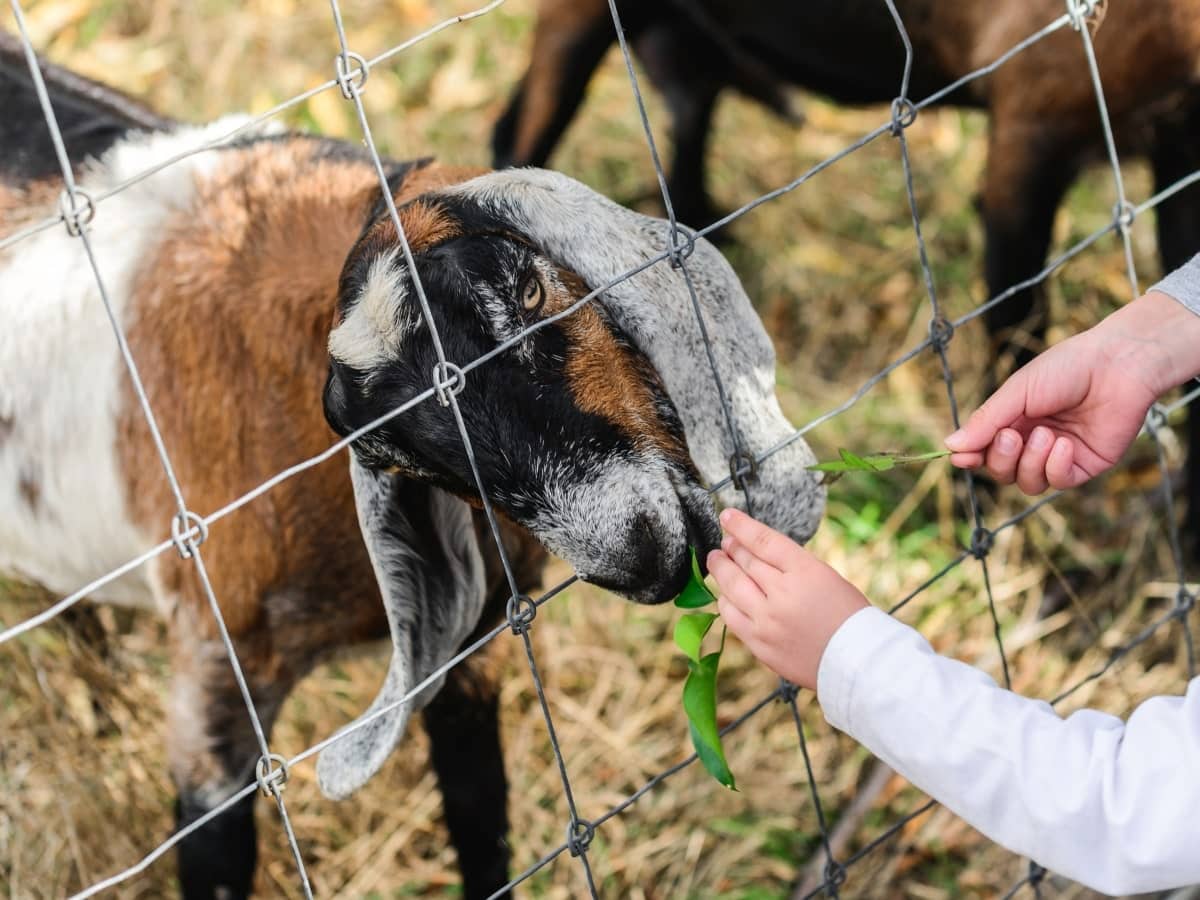
Fencing is used by various industries across the country, including agriculture, construction, events, mining, and resources. From outback stations and hobby farms to working mines and music festivals, fencing fulfils a variety of roles. Depending on the application, it can maintain security, separate animals, manage people, and ensure privacy.
Factors influencing rural fencing choices
When you’re choosing rural fences, there are many factors to consider. The size of the property is a major factor, and the shape of the landscape also plays a key role. The terrain and topography of the land should both be considered. Topography refers to the physical features of the area, while terrain refers to the stretch of land itself.
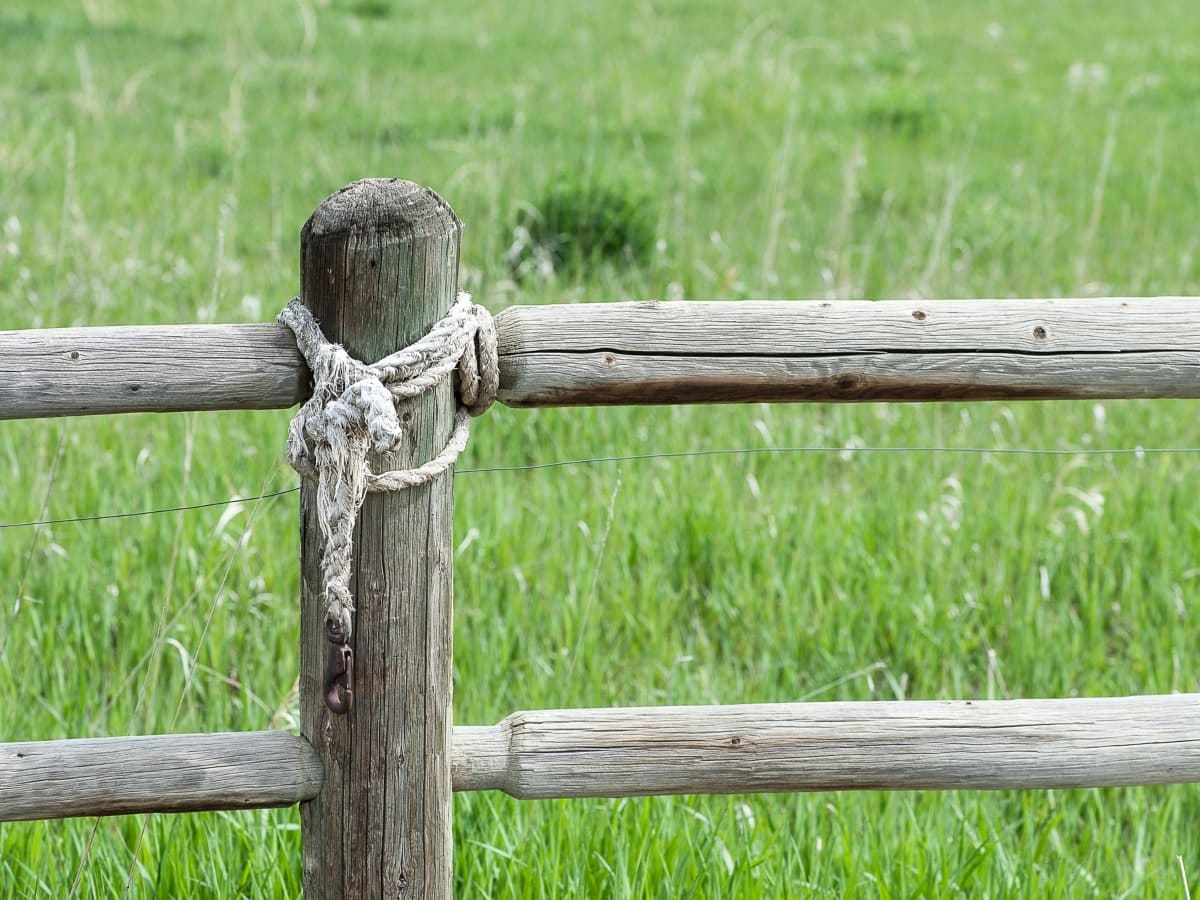
Flat terrain provides an ideal landscape for fencing, with hilly terrain often causing sagging. Using different knotting structures helps to relieve uneven pressure, and installing posts at every peak and valley helps to improve stability. Wire fencing is standard on large or hilly rural properties, with stepped wood or iron fencing another great option.
Along with the size and shape of your property, it’s also important to consider livestock, paddocks and crops. These resources often need protection, and the fence itself also needs to be protected from animals. Last but not least, environmental conditions also come into play. Wire fencing works great in all weather conditions, as does stainless steel and aluminium fencing. While timber fences blend seamlessly with the natural environment, they do require maintenance in wet conditions.
Types of rural fencing
When choosing a rural fence, there are two basic options: permanent fencing and temporary fencing. Depending on your intended application of rural fences, both of these options have pros and cons.
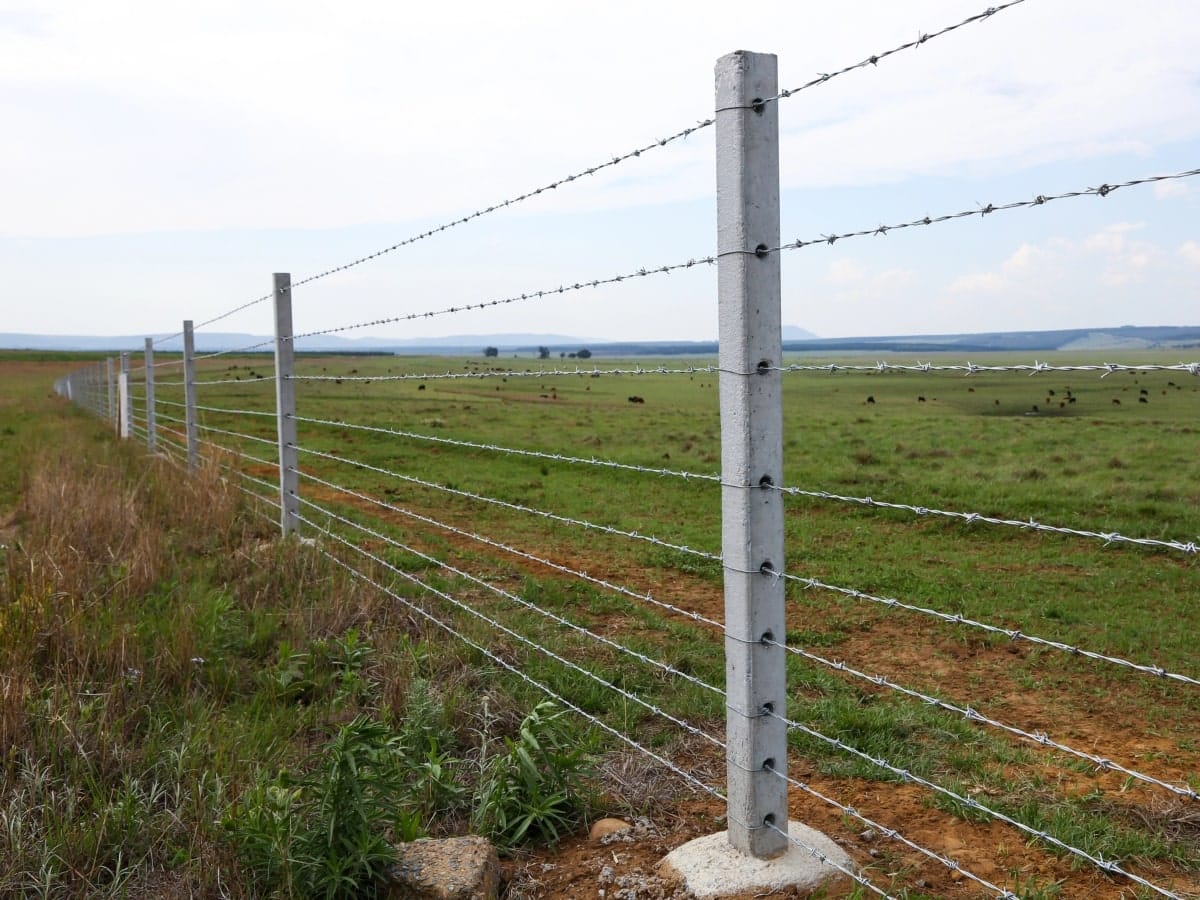
Permanent fencing options
Working farms and other rural properties generally install permanent fencing. While the cost of permanent fencing can be high initially, most property owners see it as an investment. The following fence types are common in Australia:
- Post and rail fencing is traditional and aesthetically pleasing. Timber materials are commonly used to make these fences, with steel posts and rail fencing also popular to protect your property, horses and smaller animals.
- Wire fencing is versatile and cost-effective for long-term use. Most working farms utilise wire fencing, with stretches of wire spanning steel or wooden posts. This fencing is standard on large rural properties.
- Barbed wire fence is a traditional method of boundary establishment, particularly favoured for containing cattle and livestock. The physical design and psychological impact of a barbed wire fence make it a reliable choice for landowners looking to secure their property while maintaining the well-being of their animals.
- Electric fencing can be effective for containing livestock and deterring predators. A permanent electric fence normally uses wooden posts with insulators attached, along with high-tensile galvanised steel or aluminium wire.
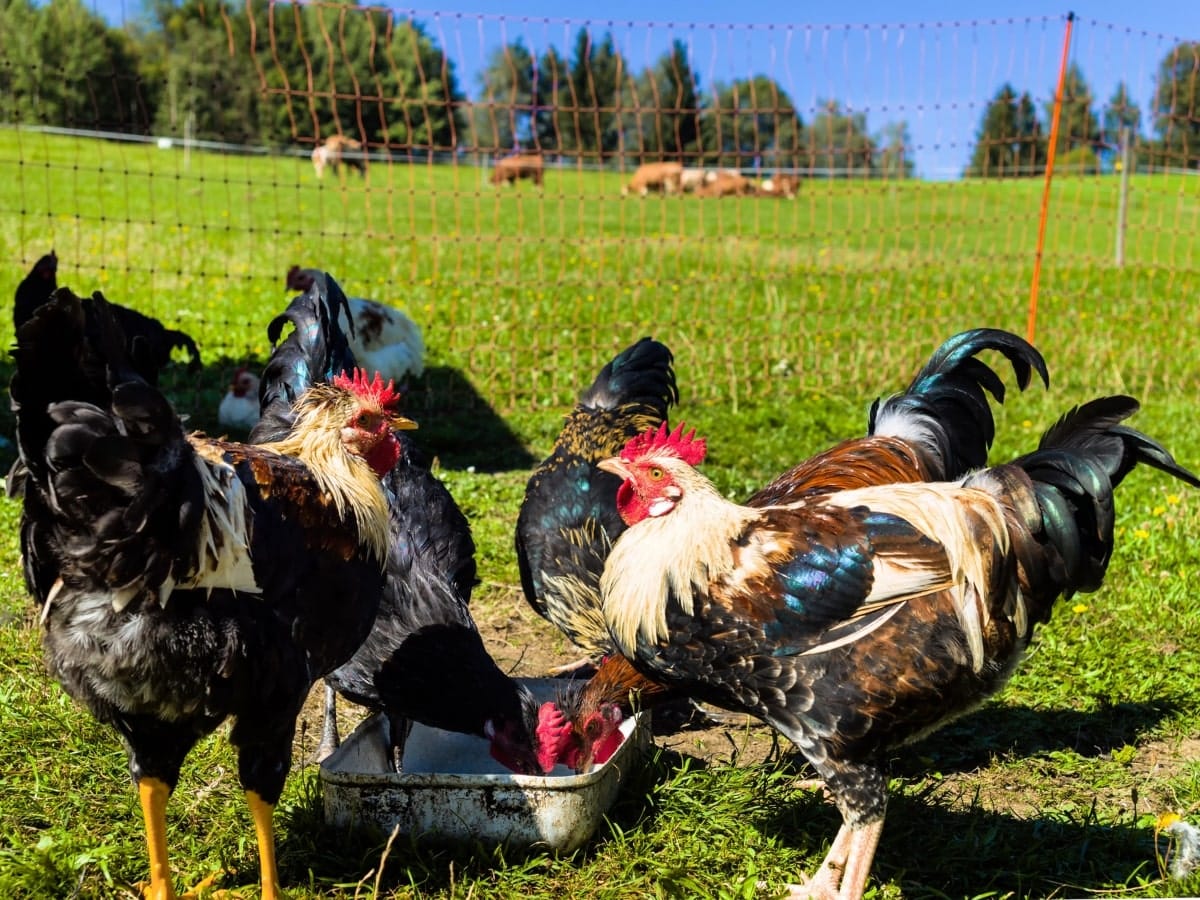
Temporary fencing solutions
Permanent rural fences may be durable and long-lasting, but can also be very expensive. The following temporary fencing solutions can be a robust and cost-effective alternative:
- Mesh fencing is quick and easy to install, making it ideal as a temporary enclosure for dogs and smaller animals. Mesh fencing includes welded mesh wire sections seated on weighted legs, which provides a rigid and inflexible structure.
- Chain link fencing is portable and versatile, making it popular for construction sites and special events. This material is cost-effective and quick to install but lacks strength.
- Panel fencing is a highly adaptable modular rural fence solution. Individual panels provide reliable temporary security, and integrated gates provide accessibility for pedestrians and vehicles.
Applications of temporary fencing
Temporary fencing has a wide array of applications. While working farms and private properties generally choose permanent fencing like barbed wire or an electric fence, temporary enclosures are preferred for special events and businesses with changing operational needs. The following applications are common:
- Construction sites use temporary fencing all the time. Various products are installed to ensure safety and security, protecting the general public and preventing unwanted access and equipment theft.
- Festivals and events use temporary fencing to manage spaces and people. Fences are used to set up designated public, performance, and parking areas and to establish crowd control between various event zones.
- Mining and resource companies use temporary fencing in their day-to-day operations. This sector uses fencing structures to create temporary enclosures and meet changing operational needs.
Benefits of temporary fencing in rural settings
Temporary fencing structures offer several advantages over permanent fencing. If you’re looking for temporary rural fence ideas, the following benefits are clear:
- Flexibility and adaptability: Temporary fencing is ideal for businesses and projects with changing needs. If you need to move barriers regularly to make new operating spaces or change access requirements, temporary fencing is the ideal solution.
- Cost-effectiveness: Temporary fencing is ideal for short-term projects, seasonal operations, and special events. The cost of permanent fencing can be prohibitive, with short-term fencing offering a more affordable solution.
- Minimal environmental impact: Temporary fencing is easy to install, and it’s also fast to take down. It has a greatly reduced environmental impact compared to permanent structures, which makes it ideal for rural Australian settings.
At TTFS, we provide high-quality temporary fencing for hardworking Australian businesses. We have many fencing structures available, including heavy-duty panels, half panels, pedestrian access panels, and vehicle access gates. Along with a wide range of fencing supplies, we also provide safety equipment and accessories for construction sites and other working zones.
To learn more about our temporary fencing products, barriers, and site accessories, please contact TTFS today.
